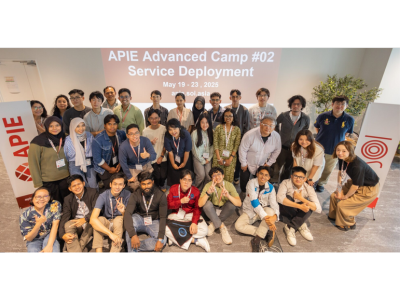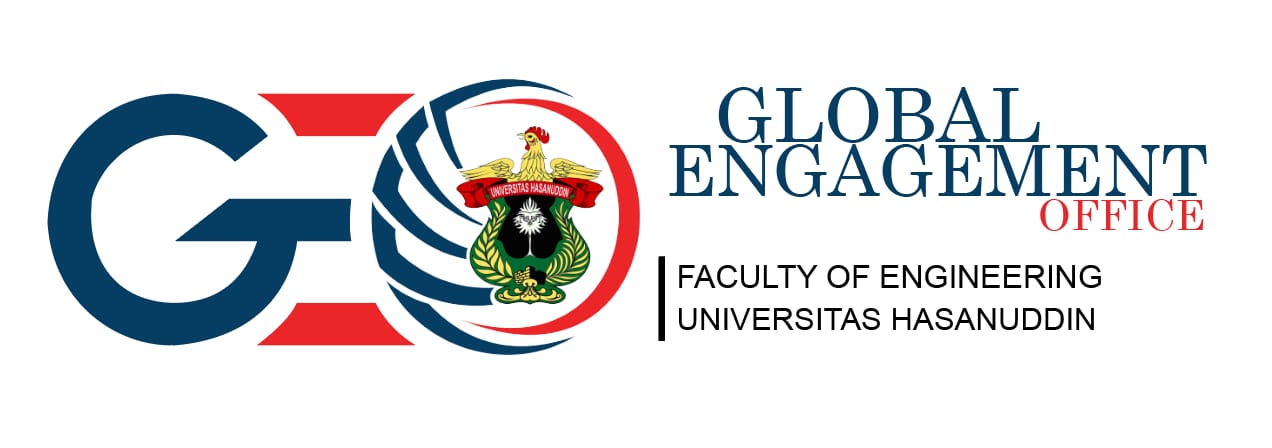
Three students from the Informatics Department at the Faculty of Engineering, Universitas Hasanuddin (UNHAS), participated in an outbound program in Japan. The second edition of the APIE Advanced Camp was held from May 19 to 23, 2025, at the SOI Asia Haneda Campus, situated adjacent to Haneda Airport in Tokyo, Japan. This five-day program, conceived as a progression in the APIE educational trajectory following the regular camp, convened 24 students from SOI Asia partner universities in Bangladesh, Indonesia, Japan, Malaysia, Nepal, the Philippines, and Vietnam. Building upon previous experiences in the APIE Core Course, e-Workshop, and APIE (Basic) Camp, the Advanced Camp focuses on the application of knowledge through collaborative group activities and real-world scenarios.

Participants were organized into teams to enhance their comprehension of internet infrastructure and computer architecture. They acquired the skills and knowledge essential for designing, deploying, and operating scalable, highly available, and secure services. Under the mentorship of representatives from AITAC, APNIC, Keio University, and the University of Tokyo, they addressed infrastructure design challenges and honed their skills.
The camp commenced with an orientation conducted by the APIE staff, followed by remarks from APIE lead Dr. Noriatsu Kudo and Professor Keiko Okawa. Subsequently, an introduction to computer architecture and virtualization was presented by Professor Yuji Sekiya (AITAC) and the APIE NOC team.
The concluding dinner featured a distinguished session entitled "Meet the Internet Engineers," which afforded participants a rare opportunity to engage with professionals actively involved in the development and governance of the internet's infrastructure. This informal yet significant segment allowed students to pose questions, listen to career narratives, and acquire insights into the diverse pathways leading to roles in internet engineering and operations. Over 30 guests, including professionals, academics, APIE alumni, and collaborators such as teaching assistants and interns from previous camps, joined the camp participants at an izakaya-style venue in Haneda Innovation City.

On July 2, 2025, the final presentation convened 22 students and eight faculty and staff members online. Teams presented the latest iterations of the digital services they had designed, including personal schedulers and mental health trackers. All teams developed and demonstrated live demos, thereby enhancing the depth of their presentations. The presentations were clear and well-structured, with some teams opting to explore technologies not covered during the program, reflecting the APIE ethos of continuous learning. Several services exhibited potential for further development and real-world application, much to the satisfaction of the faculty members present at the session.
Congratulations are extended to all the teams for concluding this chapter with dedication and innovation. However, this marks not the end of the journey. Please remain attentive to forthcoming opportunities within SOI Asia.
